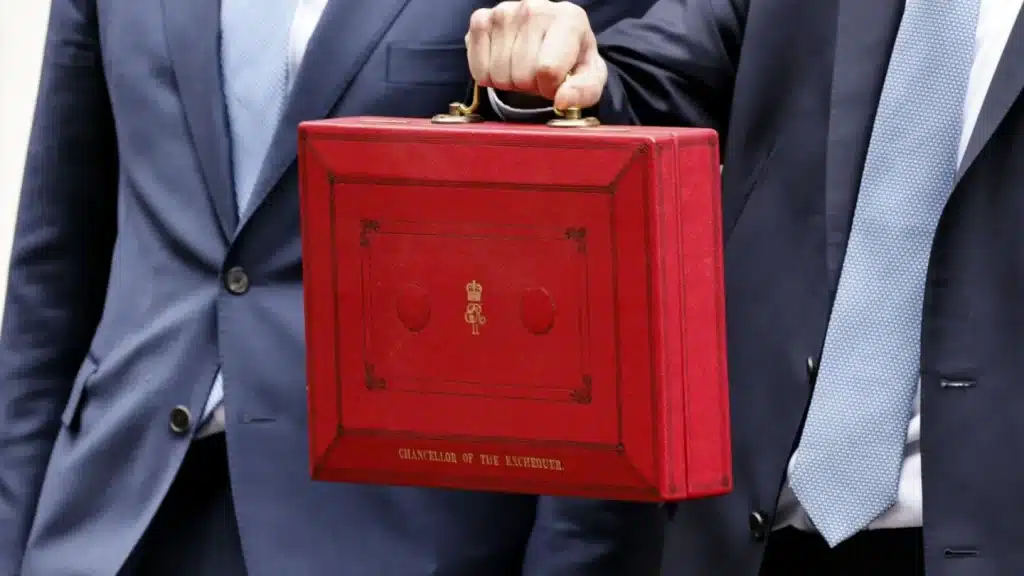Chancellor Jeremy Hunt’s Spring 2024 budget announcement sparked various discussions on its implications for tackling the ongoing housing crisis, particularly in light of strategic investments and policy shifts. While the budget emphasizes measures aimed at stimulating economic growth and addressing various sectors’ needs, its impact on housing affordability and availability remains a focal point.
HOUSING INITIATIVES IN THE BUDGET
Amidst the broader strategies outlined in the budget, such as investments in key industries and tax reforms aimed at bolstering economic growth, the spotlight shines particularly brightly on housing initiatives. The allocation of £242 million to transform areas like Barking Riverside and Canary Wharf not only underscores the government’s commitment to addressing housing shortages but also serves as a tangible step towards revitalising communities and stimulating local economies. However, as the housing crisis persists nationwide, it becomes increasingly evident that conventional approaches alone may not suffice to alleviate the pressing challenges faced by individuals and families seeking affordable housing. In this context, innovative solutions emerge as indispensable tools in bridging the gap in the interim, ensuring that vulnerable populations are not left behind amidst the ongoing struggle for adequate housing.
PROPERTY GUARDIANSHIP AS AN INTERIM SOLUTION
Amidst the housing crisis, property guardianship emerges as a promising solution to repurpose vacant properties for affordable accommodation. This arrangement benefits both property owners and guardians, providing security and maintenance in exchange for living space. This solution efficiently utilises existing infrastructure, contributing to community revitalisation. While not a permanent fix, property guardianship offers a pragmatic approach to maximising available resources and meeting immediate housing needs. It fosters a sense of community among guardians, who often share common interests and values, promoting social cohesion. As policymakers and stakeholders seek innovative strategies to address the housing shortage, property guardianship stands out as a practical and sustainable approach to utilising existing infrastructure while providing affordable housing options for those in need.
ALIGNING WITH GOVERNMENT OBJECTIVES
Given the government’s objectives to stimulate economic activity and rejuvenate communities, as highlighted in the budget’s focus on strategic investments and economic forecasts, property guardianship emerges as a pivotal strategy. By safeguarding vacant properties, property guardianship directly contributes to community stability and actively mitigates the risks associated with derelict buildings. Additionally, the inherent flexibility of property guardianship offers a dynamic housing solution capable of adapting to evolving needs and market dynamics. In the face of the persistent housing crisis, which demands innovative approaches, property guardianship stands out as a compelling opportunity to effectively utilise underutilised spaces, thereby addressing critical housing needs while aligning with broader governmental goals for economic growth and community development.
While the budget outlines various measures to address the housing crisis, including investments in housing projects, tax reforms, and economic forecasts, it is clear that property guardianship stands out as a pragmatic interim solution. Leveraging existing infrastructure and providing affordable housing options, property guardianship significantly contributes to alleviating the strain on the housing market. Property guardianship remains a vital strategy to meet immediate housing needs and foster community development. To explore how guardianship and empty property management can play a role in alleviating housing pressures, get in contact with us. Let’s work together towards sustainable housing solutions for all.

